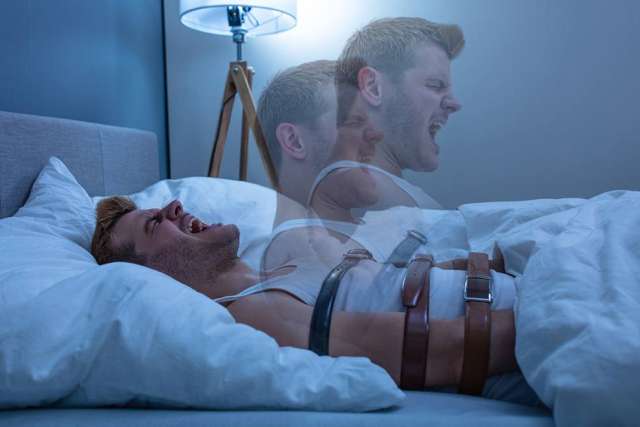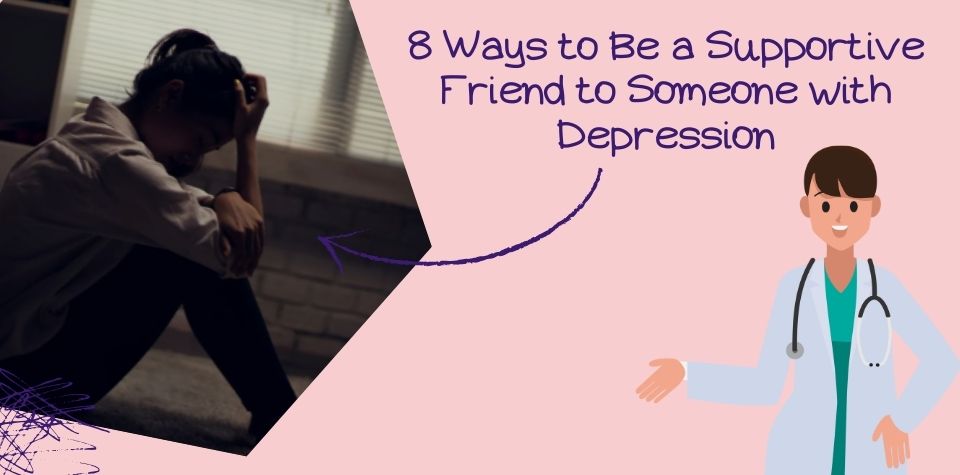Sleep paralysis is a temporary incapacity to speak or move that happens immediately after falling asleep or waking up. Sleep paralysis is one disorder that can cause confusion between the normally distinct and well-defined phases of waking and sleep. People maintain consciousness during episodes, which generally involve distressing hallucinations and a feeling of suffocation.
In the further lines, we will discuss its causes, symptoms, and prevention. Continue reading to dive into the depth of the topic.
What actually is sleep paralysis?
Sleep paralysis is a sensation of being conscious but feeling difficult to move. It happens when a person transitions from waking to sleeping phases. During these transitions, you can not be able to speak or move for a few seconds up to a few minutes. Few people may also experience a sense or pressure of choking. Other sleep disorders like narcolepsy may be accompanied by sleep paralysis. Narcolepsy is an overpowering requirement for sleep caused by an issue with the brain’s capability to manage sleep.
Causes of sleep paralysis
It’s unclear exactly why or how it occurs. Because sleep paralysis typically occurs as a person enters or exits REM sleep, researchers think that disruptions in the rapid eye movement cycle are the cause of sleep paralysis. During that period, their brains generally paralyze their muscles anyway, so they do not act out their dreams. However, during sleep paralysis, the sufferer is awake, or half awake, and so is aware they can’t move.
What studies say?
According to studies, 25% to 50% of Americans have experienced sleep paralysis at least once. Many of those who suffer from it also have narcolepsy, a condition that causes them to fall asleep randomly. Sleep specialists believe sleep paralysis may have some hereditary roots.
Stress and irregular sleep habits (think jet lag or staying up late) are two more factors. Severe research has also discovered connections between panic disorder or social anxiety and sleep paralysis.
Other essential factors
It’s obvious that sleep paralysis can be scary, which has led to a few unconventional theories. According to research, people have long held the belief that paralysis is caused by supernatural beings such as witches, demons, or other supernatural creatures. These places include East Africa, Mexico, Newfoundland, China, and the United States.
Often, the experience is accompanied by sensations of being dragged out of bed or flying, noises, and difficulty breathing. In fact, a few researchers believe sleep paralysis is what is really going on with stores of alien abductions.
When does sleep paralysis generally happen?
Sleep paralysis generally happens at one of two times. It’s known as Predormital or hypnagogic sleep paralysis if it happens just before you go to sleep. If it occurs as you are in your wake-up phase, it’s known as Postdormital or hypnopompic sleep paralysis.
Who Is Affected by Sleep Paralysis?
It may affect up to 40% of the population. The common condition is generally first noticed in teenagers. However, it can affect anyone at any age. A family history of sleep paralysis is possible. Sleep paralysis may also be caused by the following additional factors:
- Sleep schedule that changes
- Lack of sleep
- Sleeping on your back
- Substance abuse
- Other sleep issues, such as nighttime leg cramps or narcolepsy
- Use of specific medicines, such as those for ADHD
Diagnosis
You probably have isolated recurring sleep paralysis if you notice that you are immobile or unable to speak for a few seconds or minutes when you go to sleep or wake up. Often, there is no treatment required for this condition.
Consult your healthcare expert if you have any of these symptoms-
- Because of your symptoms, you are nervous
- You feel tired during the day due to your symptoms
- You can’t sleep at night because of your symptoms.
Your healthcare expert may want to gather more details about your sleep health by doing any of the following-
- Ask you to explain your symptoms and keep a sleep journal for a few weeks
- Talk about your health history, including any known sleep disorders or any past experience of sleep disorders
- Refer you to a sleep expert for more assessment.
How is this condition treated?
For most people, sleep paralysis doesn’t require therapy. If you have trouble falling or staying asleep, treating any underlying medical disorders, such as narcolepsy, may be helpful. The following therapies could be part of these:
- Using antidepressant medicine if it’s prescribed to manage sleep cycles
- Managing any mental health issues that may contribute to this condition
- Treating any other sleep issues, such as leg cramps or narcolepsy
- Improving sleep patterns, such as making sure you get six to eight hours of sleep daily [at night].
What may I do about sleep paralysis?
If you suffer from sleep paralysis occasionally, you may take steps at home to manage this disorder. Start by-
- Making sure that you get proper sleep
- Do whatever eases stress in your life, mainly just before bedtime
- Try other sleeping positions if you mostly sleep on your back. Sleep specialists have found a connection between sleep paralysis and sleeping on your back.
Be sure to consult a sleep specialist or healthcare expert if sleep paralysis continuously stops you from getting a good night’s sleep.
You may also see- https://viralinfos.com/category/trends/












One thought on “Sleep paralysis- causes, symptoms, prevention”